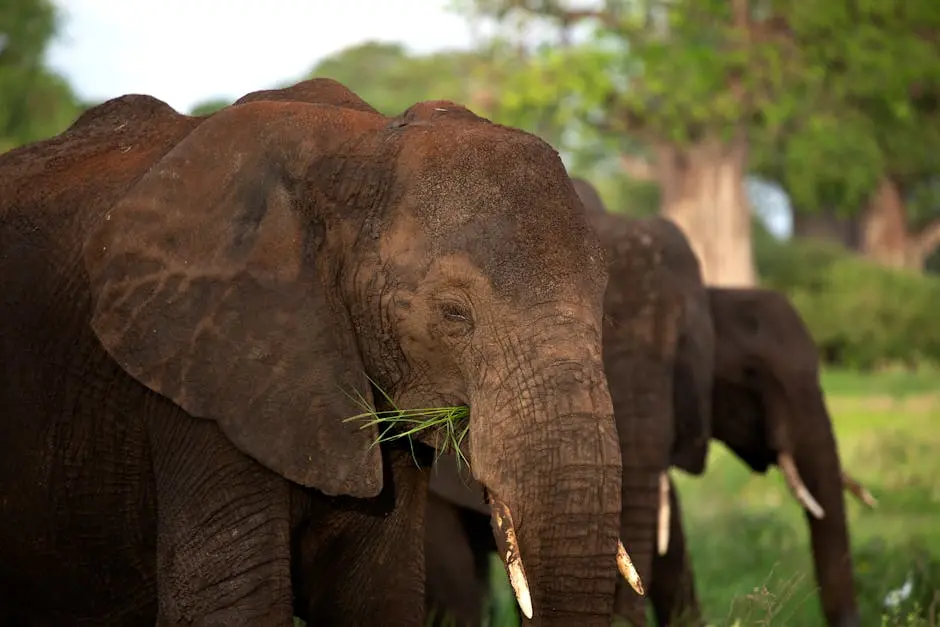Volunteer safaris in Kenya are not just about wildlife and adventure; they are also about making a positive impact on local communities. This blog will explore the various ways in which these safaris contribute to community development, conservation, and cultural exchange.
Economic Benefits to Local Communities
Volunteer safaris provide essential funding for local projects and businesses, helping to stimulate the economy.
Each volunteer who participates typically contributes directly to local monetary systems. These contributions come in various forms, from the fees paid for the safari experience to the spending on local services like food and accommodation.
Moreover, by engaging volunteers in meaningful projects, local economies thrive. This influx of resources supports schools, healthcare, and infrastructural developments that might otherwise struggle for funding.
A noteworthy aspect of this economic support is that it encourages sustainable tourism. Local businesses benefit greatly when visitors choose to engage with local crafts, food, and experiences, creating a ripple effect that supports the entire community.
As volunteers work alongside locals, they often form lasting relationships that promote return visits and further economic investment, establishing a cycle of support that benefits everyone involved.
Conservation and Environmental Impact
These initiatives help support wildlife conservation efforts, promoting sustainable practices that protect local ecosystems.
Volunteer safaris play a crucial role in safeguarding Kenya’s rich biodiversity. Volunteers often assist with critical tasks such as wildlife monitoring, habitat restoration, and environmental education, all of which are essential in combatting the threats posed by poaching and habitat destruction.
In addition to hands-on conservation efforts, volunteers help raise awareness in local communities about the importance of preserving natural resources. This education leads to a shift in attitudes towards wildlife, fostering a deeper connection between the people and their environment.
Volunteer projects often bring much-needed resources and research capabilities to local conservation groups. This collaboration enhances their effectiveness, ensuring that preservation strategies are not only implemented but truly sustainable.
Ultimately, every action taken by volunteers contributes to the protection of Kenya’s stunning landscapes and wildlife. This commitment to conservation has lasting effects that go beyond individual projects, creating a healthier ecosystem for both people and wildlife.
Cultural Exchange and Understanding
Volunteers often engage with local cultures, fostering mutual respect and understanding, which strengthens community ties.
Through immersive experiences, such as participating in local festivals or cooking traditional meals, volunteers learn about the customs, traditions, and daily lives of the communities they work with. This creates a rich tapestry of shared experiences that transcends cultural barriers.
Such interactions not only enrich the volunteers’ perspectives but also provide locals with a platform to showcase their heritage and stories. By sharing their culture, community members gain both pride and recognition, fostering self-esteem.
Additionally, these cross-cultural exchanges often lead to collaborative projects that blend both traditional knowledge and innovative practices. This merging of ideas creates robust solutions to community issues, demonstrating the power of diverse viewpoints.
In essence, cultural exchange during volunteer safaris helps build bridges across different backgrounds, promoting understanding, empathy, and lifelong friendships that extend beyond borders.
Skills Development for Local Residents
Volunteer programs often include training opportunities that help locals acquire new skills, contributing to personal and community growth.
Through structured programs, locals learn valuable skills such as language proficiency, vocational training, and even project management. These skills empower individuals and elevate their prospects for employment, leading to stronger families and communities.
Moreover, volunteer-led workshops facilitate knowledge transfer in areas such as sustainable farming, eco-tourism, and conservation techniques, which are crucial for local development. This sharing not only empowers community members but also ensures the longevity of important practices.
As residents participate in these activities, they develop confidence in their abilities, fostering a sense of ownership over their community’s development. This empowerment encourages individuals to take initiative, fostering a culture of innovation and problem-solving.
Ultimately, the skills development gained through volunteer safaris contributes to a more resilient and skilled workforce, better equipped to face the challenges of today and tomorrow.
The Lasting Impact of Volunteer Safaris on Communities
In conclusion, participating in a volunteer safari offers numerous benefits to local communities in Kenya, from economic support to cultural exchange and environmental sustainability. By choosing to engage in these experiences, volunteers become vital partners in community development efforts, leaving a lasting impact.





